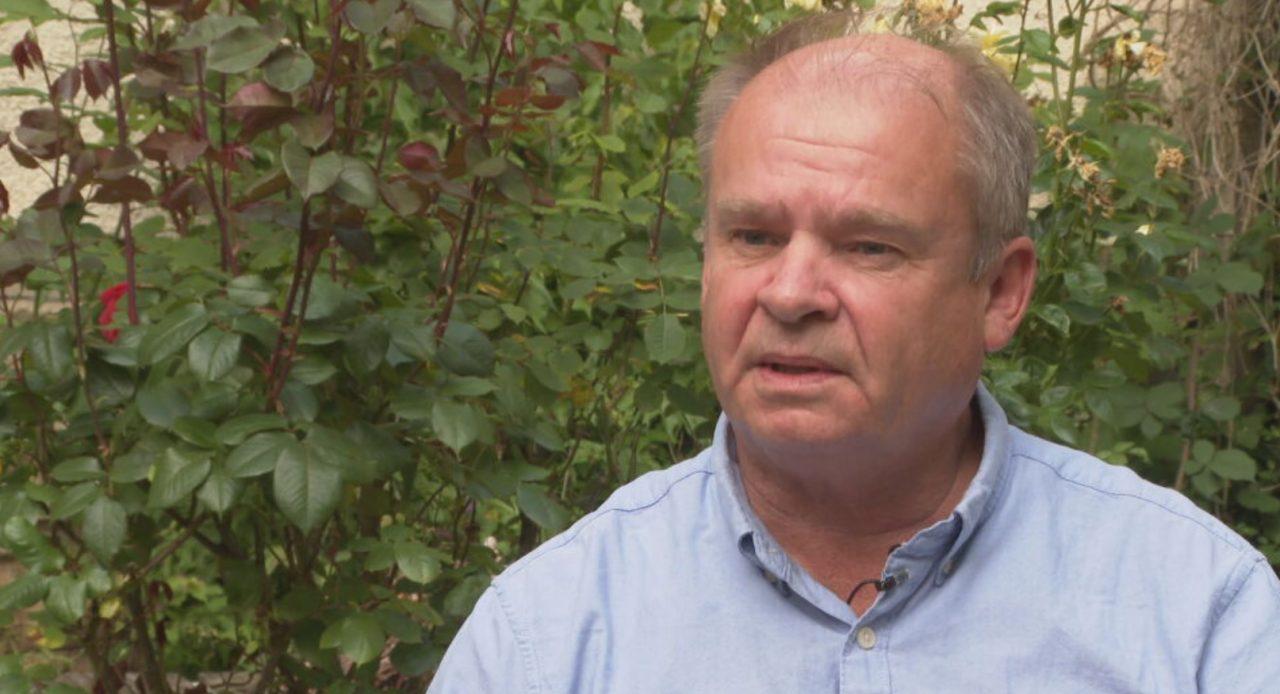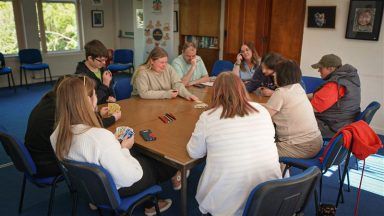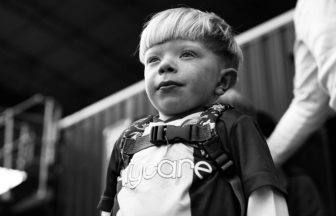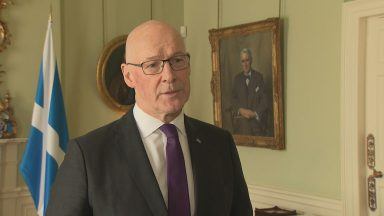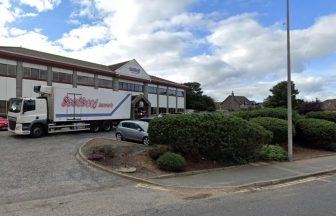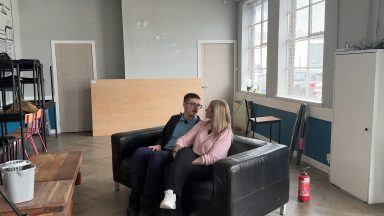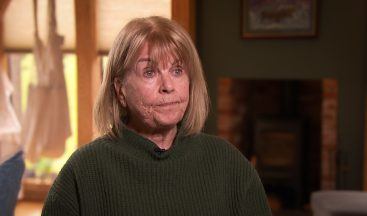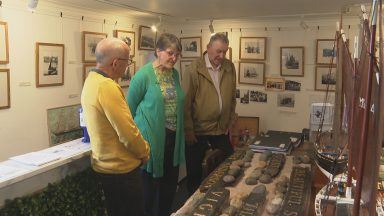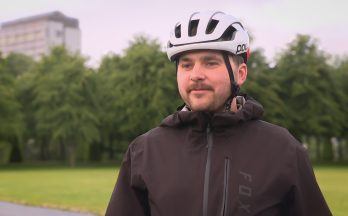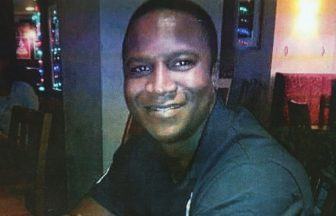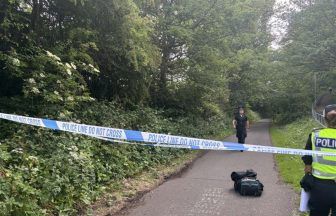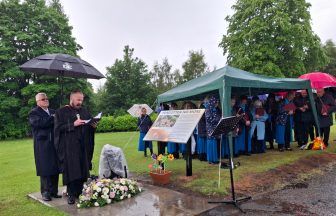People with experience of addiction are being hired by a rehab programme to try to improve access and strengthen support.
The Lothians and Edinburgh Abstinence Programme (LEAP) is Scotland’s only NHS-run therapeutic residential rehab service, supporting people with drug and alcohol problems.
Now it’s become the first to employ “peer bridgers” who work in the community to support people at the start of their recovery journey.
At the moment, people are referred to LEAP through a number of different support services and GPs. It’s hoped the peer bridger project will make the process smoother.
Each of the six new recruits have their own experience of addiction.
Among them is Phil Hayes, whose struggle began after leaving the army more than 20 years ago.
He said: “You tend to hide addiction, no matter how long ago it was, because society doesn’t really view it in a positive way.
“And this was an opportunity to say, actually this is who I am, completely, and use some of that experience to help other people.
“It’s very possible to get into recovery with the right help and support, and to move on through that into life outside recovery.
“The more time we spend with them, the better they’re prepared for rehab, the better they’re prepared the more they get out of it, the better the outcome in the long term.”
The new peer bridging initiative – which received government funding – aims to build on the success of LEAP.
The programme caters for people who want a completely substance-free recovery.
A recent study looked at how former patients fared four years after leaving the programme.
It found that 48% of all those interviewed – including those who failed to complete the full rehab session – were abstinent from all substances. Of those who had completed the full programme, almost 61% were abstinent.
Dr David McCartney, LEAP clinical lead, said: “Four years is a long, long time for treatment follow-up, so we have really robust evidence now – that the majority of people that complete treatment, reach those goals, and still have good quality of life.”
And that means helping more people like Andrew Rockett.
When he lost his partner last year, he became more dependent on alcohol.
He said he “wasn’t functioning at all as a human being”.
That led him to spend four months at LEAP, leaving in February this year.
“The value of a group of people in treatment at the same time, working with each other, giving feedback to each other, living with each other, cooking together, looking after the residence that were staying in, just creating that great team work,” Andrew said.
“I felt that I was connecting with a group of people for the first time that were similar to me.”
He saw the benefits of informal peer support during his treatment, and now he’s volunteering at LEAP to help others.
He also has another voluntary role, as well as a part-time job.
“It’s changed my life,” he added.
Follow STV News on WhatsApp
Scan the QR code on your mobile device for all the latest news from around the country


